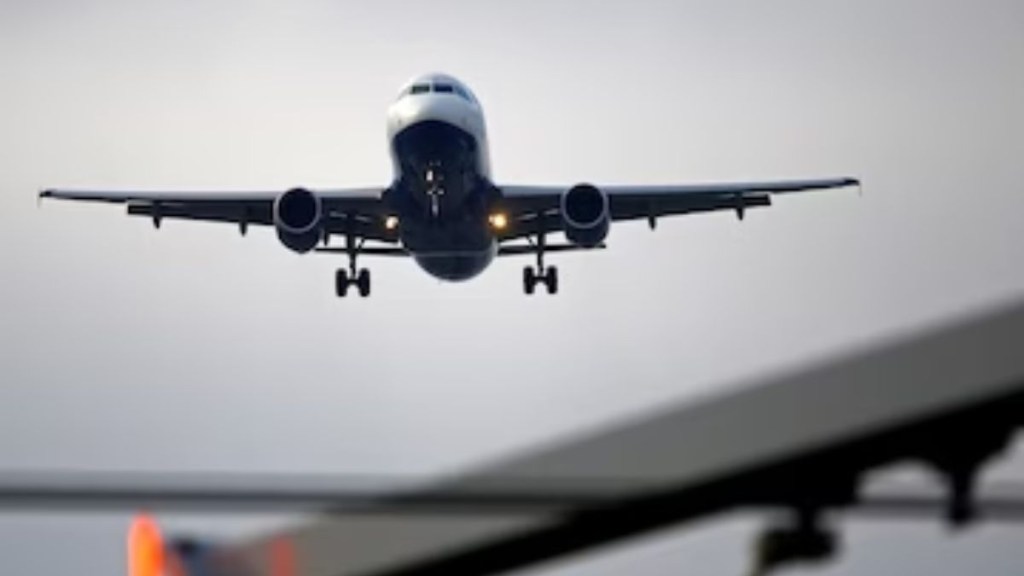Global regulators, aviation security experts, and manufacturers fell short of an agreement on a swift technical remedy for the challenge of GPS spoofing near conflict zones during a meeting on Thursday. Instead, they advocated for enhanced pilot training to address the issue, as disclosed by two sources familiar with the discussions.
Airlines have been urgently seeking action following a series of incidents where navigation systems experienced disruptions, displaying false locations or incorrect times while aircraft flight controls remained unaffected.
Spoofing entails one country’s military transmitting deceptive Global Positioning System (GPS) signals to a rival aircraft or drone, impeding its functionality and inadvertently impacting nearby commercial airliners.
GPS jamming and spoofing
Instances of GPS jamming and spoofing have escalated in Eastern Europe, the Black Sea, and the Middle East, according to OpsGroup, an industry organisation. As GPS increasingly becomes a fundamental component of aviation infrastructure, replacing traditional radio beams for guiding planes during landing, the need for robust countermeasures is more pressing.
The inaugural international meeting of stakeholders in the sector, held in Cologne, Germany, on Thursday, was orchestrated by the European Union Aviation Safety Agency (EASA) and the International Air Transport Association (IATA).
GPS interference and aviation safety
Addressing the challenge, EASA and IATA issued a joint statement emphasising that GPS interference “can pose significant challenges to aviation safety.” They called for heightened data-sharing among airlines regarding jamming and spoofing events.
Willie Walsh, Director General of IATA, stressed the necessity for coordinated collection and sharing of Global Navigation Satellite System (GNSS) safety data, procedural guidance from aircraft manufacturers, and a commitment from states to retain traditional navigation systems as backups when GNSS is compromised.
While additional pilot training was proposed as a potential solution, experts acknowledge that this would take time to implement and standardise. Officials suggested retaining some older technology as an alternative to cope with escalating GPS challenges.
Technical solutions to GPS challenges
The discussion also touched upon technical solutions, acknowledging their potential but highlighting their drawbacks, including high costs, complexity, and variable effectiveness based on the type of spoofing employed. As GPS interference techniques become more sophisticated, the need for consistent updates to technical solutions creates an ongoing challenge.
Exploring long-term solutions, the participants considered the development of a second layer of authentication to verify the legitimacy of GPS locations. This technology, developed under Europe’s Galileo program, is still in limited use.
Regulators indicated that changes in the certification pace for certain technologies were unlikely in the near term, as such processes can take a decade to gain approval in civil aviation. The next meeting focused on the GPS interference issue is scheduled to be a navigation systems conference in Antalya, Turkey, in early February, organised by the International Civil Aviation Organisation (ICAO).
